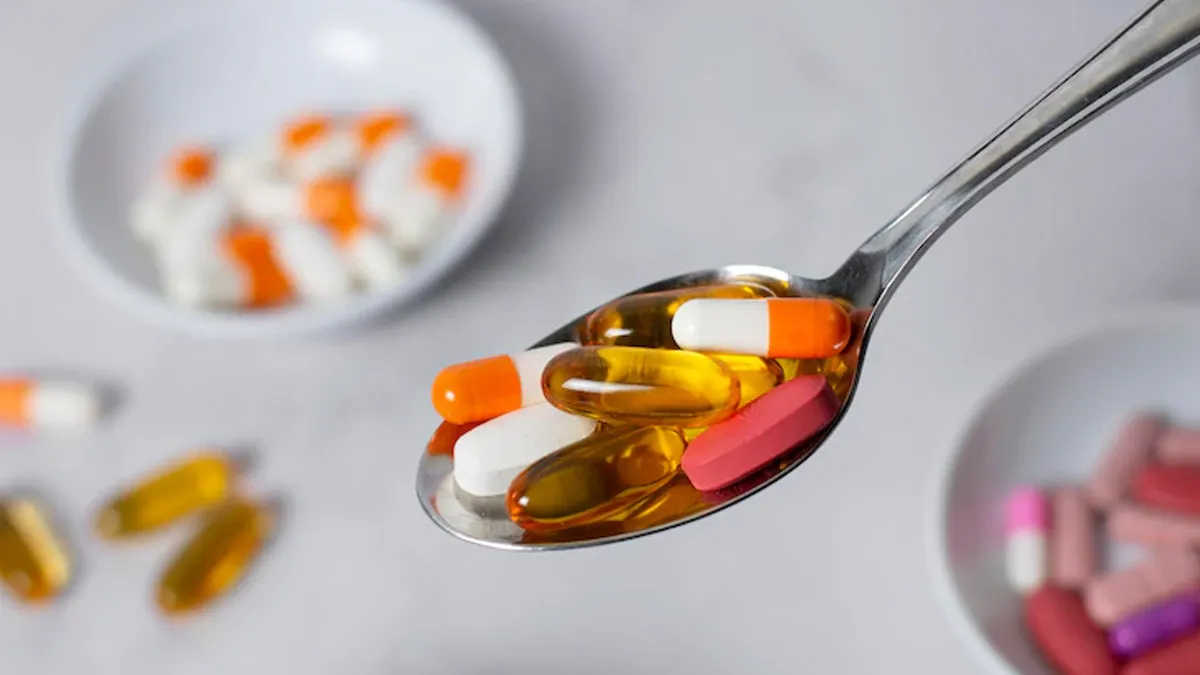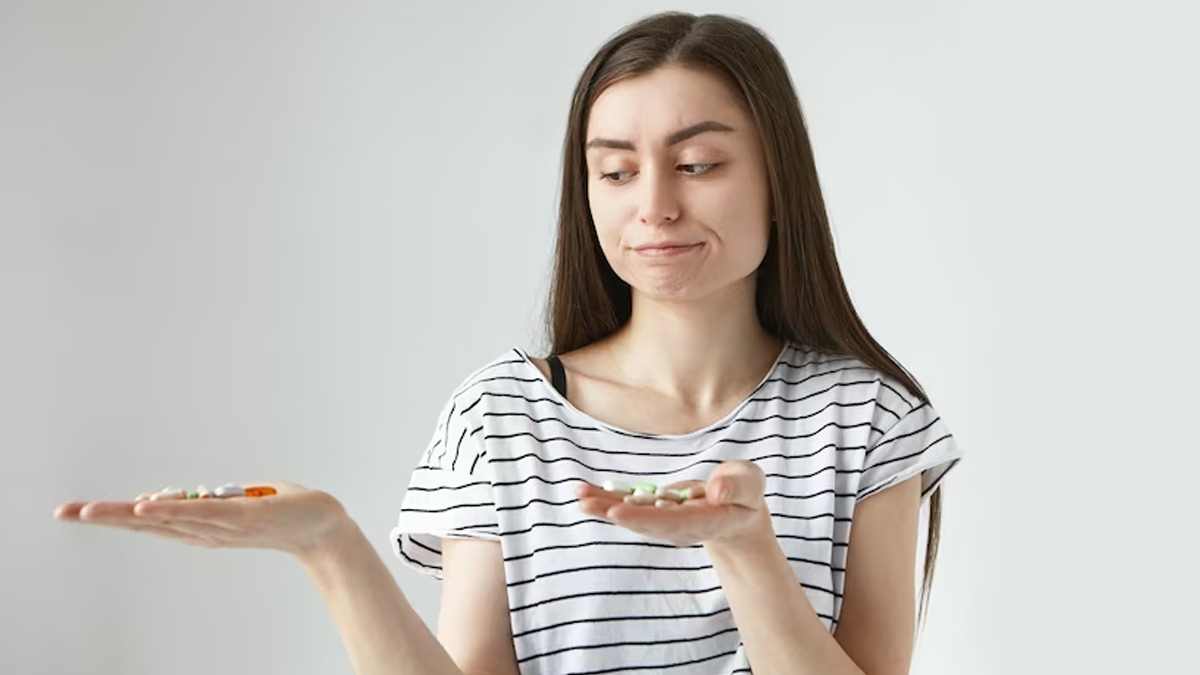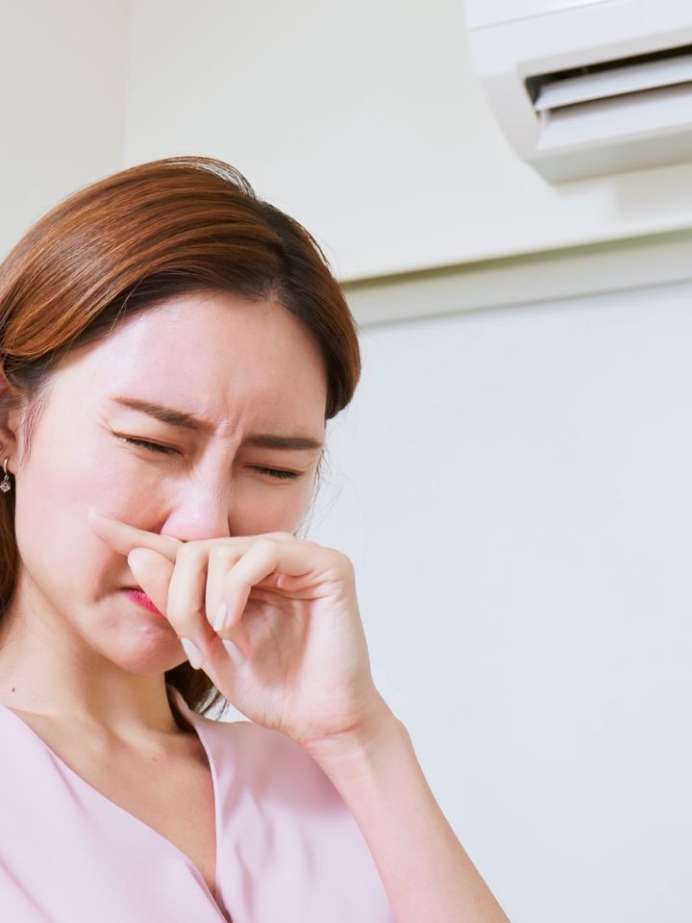
From multivitamins and protein powders to herbal supplements and detox pills, the market for supplements is thriving. People are popping pills every day, thinking they're supporting their health. But not many consider if supplements can affect or even damage your kidneys in any way. According to studies, yes, some can. Supplements have the potential to provide health benefits when used appropriately, but some can cause kidney damage with overuse or long-term use. To understand better and also make an informed decision we spoke to our expert, Dr Bhumesh Tyagi, Consultant- General Medicine and Physician, Shardacare, Health City, Noida, and here is what he shared with us.
Your kidneys function like your body's filters, removing waste, regulating fluids, and keeping electrolyte levels in check. When you overload your body with too many extra nutrients or unidentified herbal substances, it puts undue stress on these important organs. This is how supplements can damage your kidneys:
Most athletes depend extensively on protein powders. For the healthy population, moderate consumption is generally safe. But high protein consumption over the years can put additional workload on the kidneys, particularly in individuals who are at risk for kidney disease.
Herbal supplements aren't always as harmless as they sound. Certain herbs are nephrotoxic (toxic to kidneys).
Some people need to be particularly careful when taking supplements:

Supplements will not typically cause sudden kidney symptoms. But be aware of:
If you have these symptoms, see a doctor immediately.
If you decide to take supplements, keep these safety tips in mind:
- Know your ingredients. Natural doesn't always equal safe.
- Drink enough water to help your kidneys clear out waste.
- Have routine health check-ups, including kidney function tests if you regularly take supplements.
Supplements can be helpful when used wisely, but they’re not risk-free. The kidneys, being silent workers, often suffer quietly until the damage is advanced. If you’re thinking about adding supplements to your routine, treat them with the same caution you’d give to medications.







-1752844504164.webp)




-1752840406919.webp)